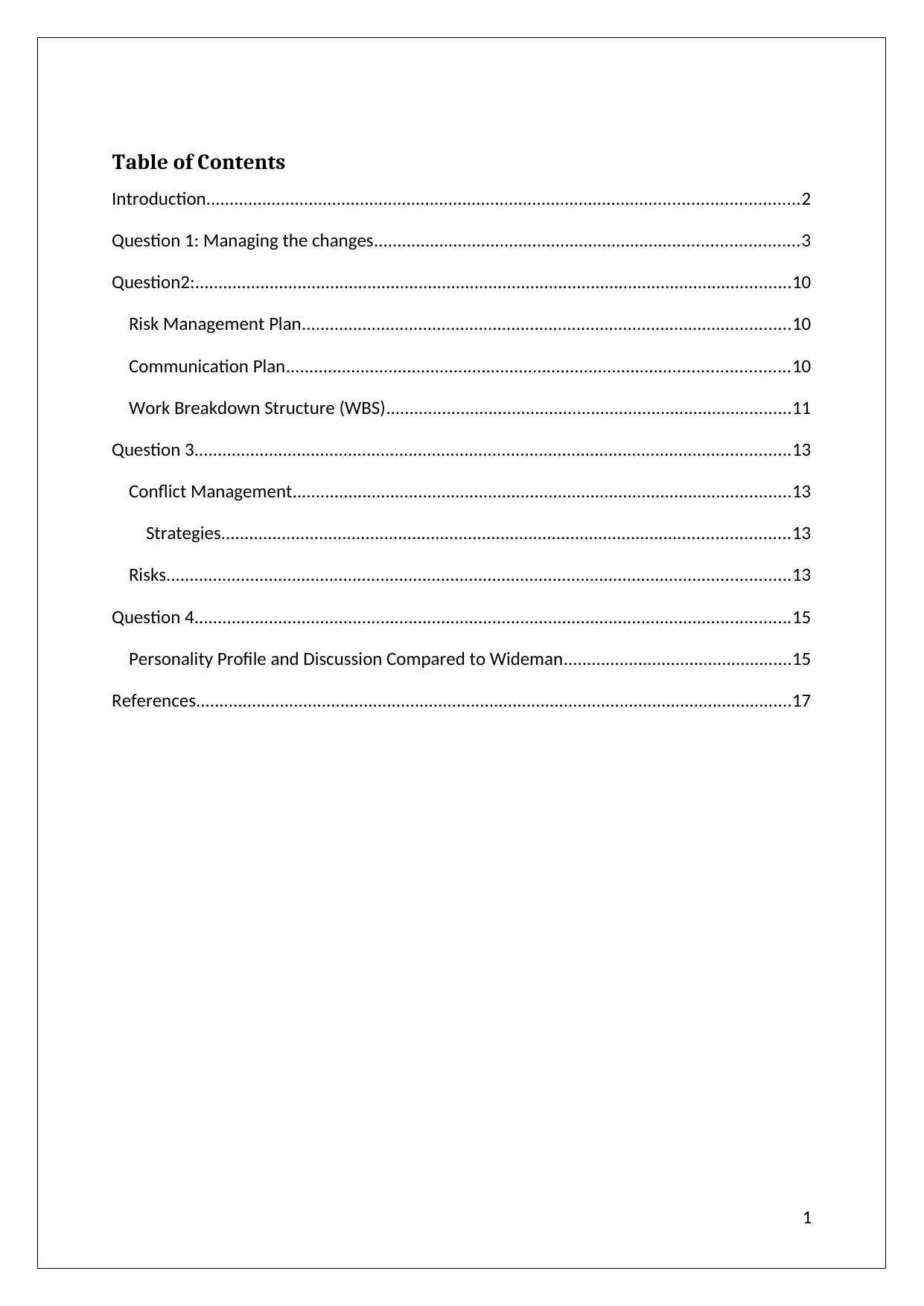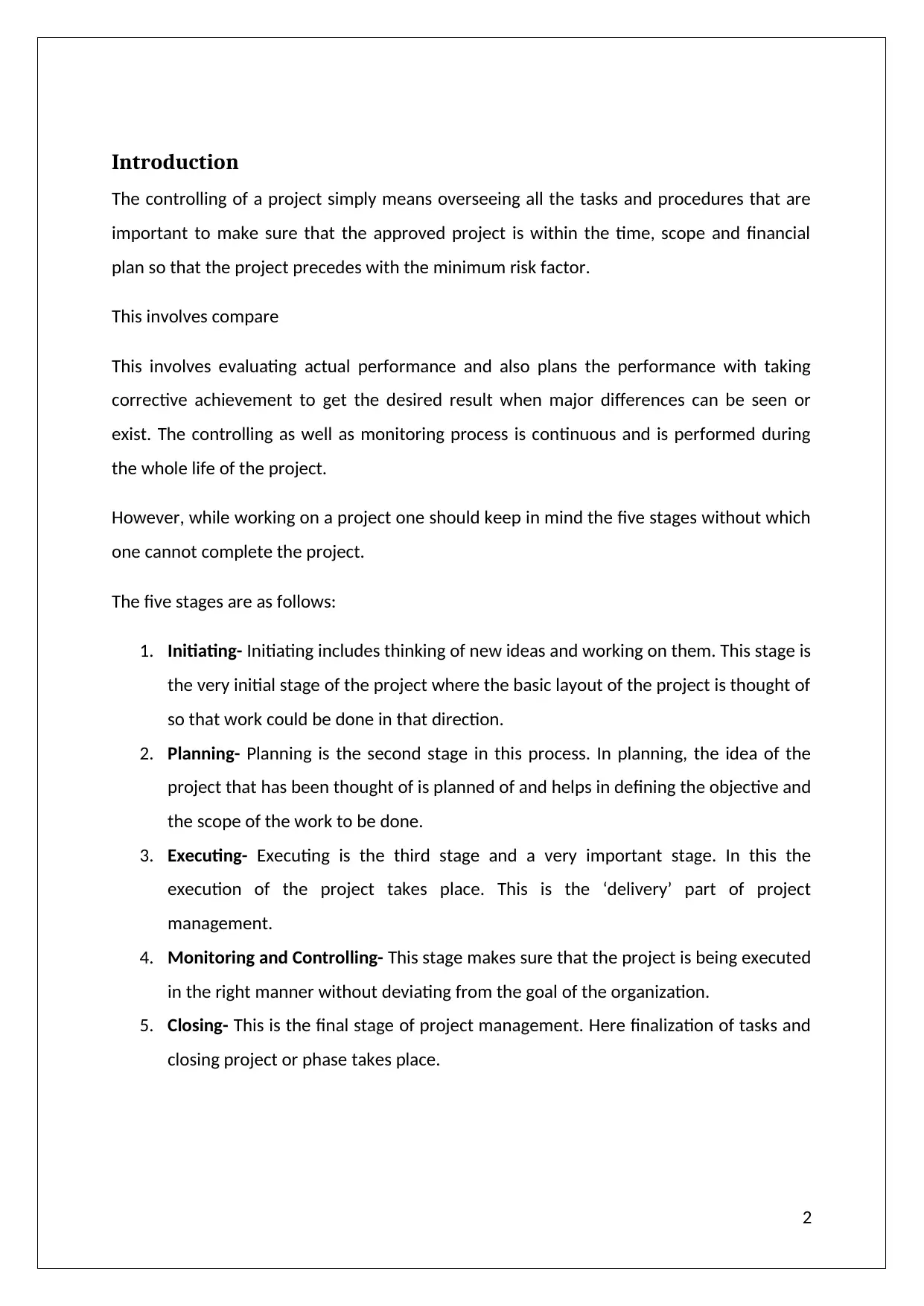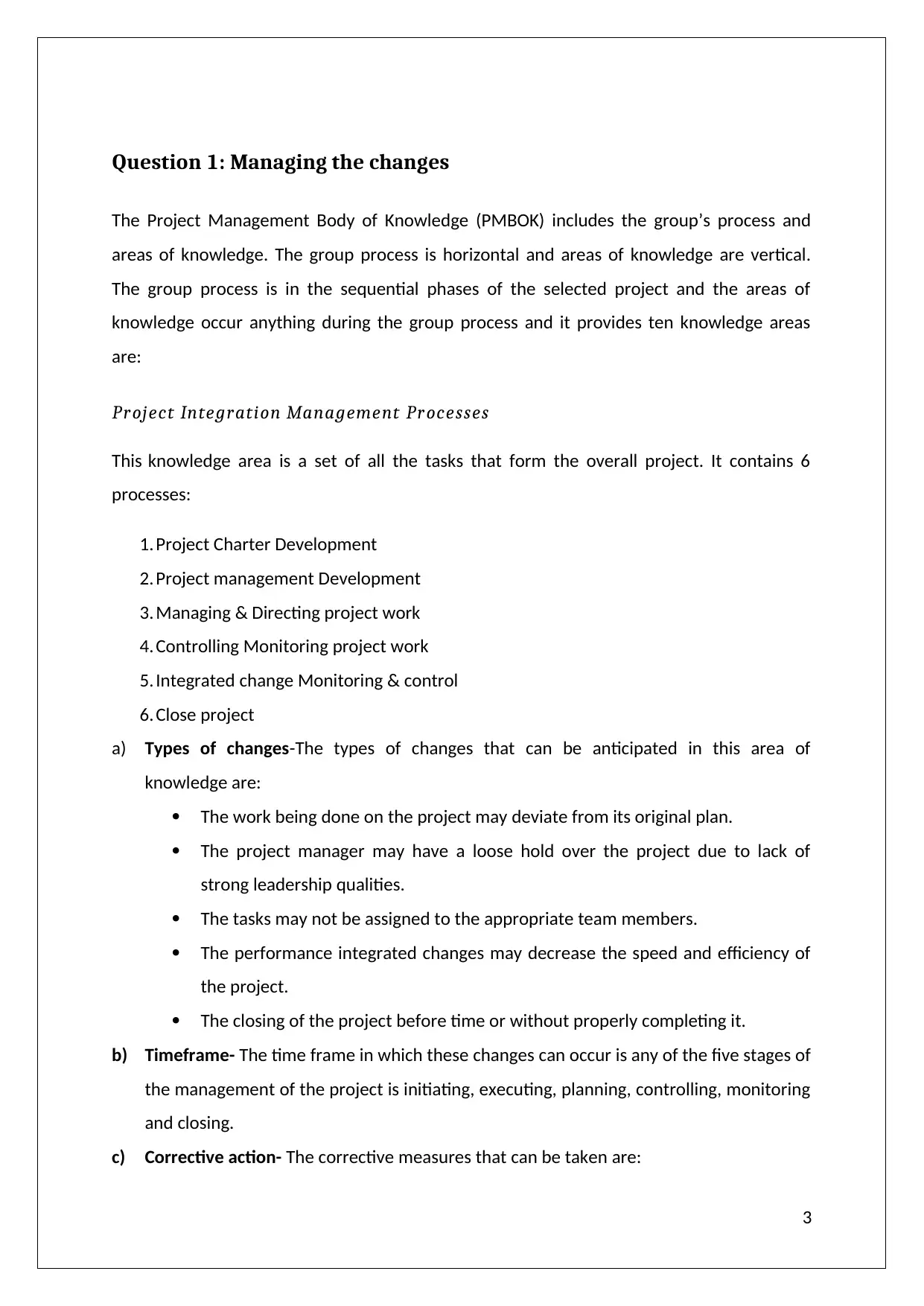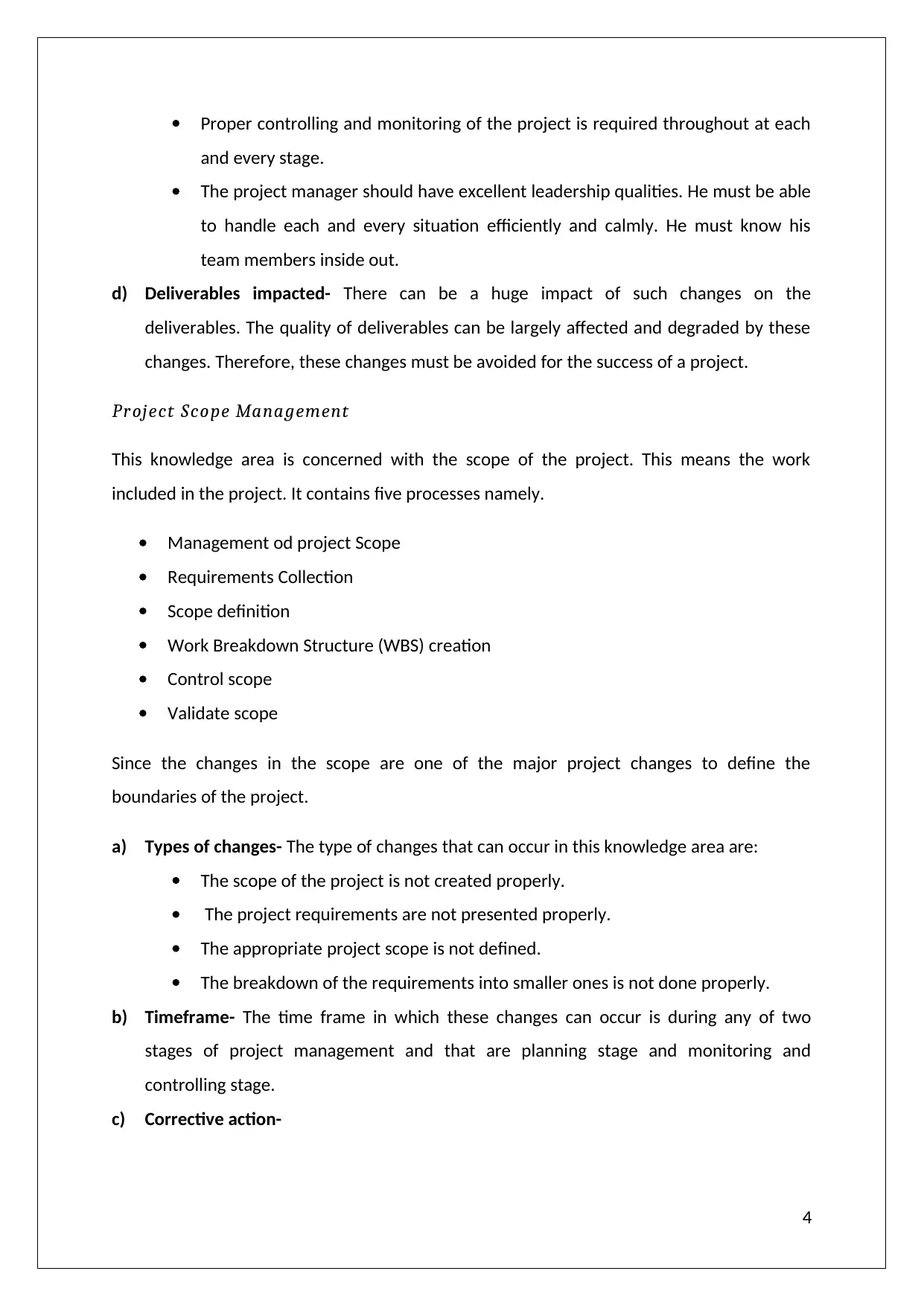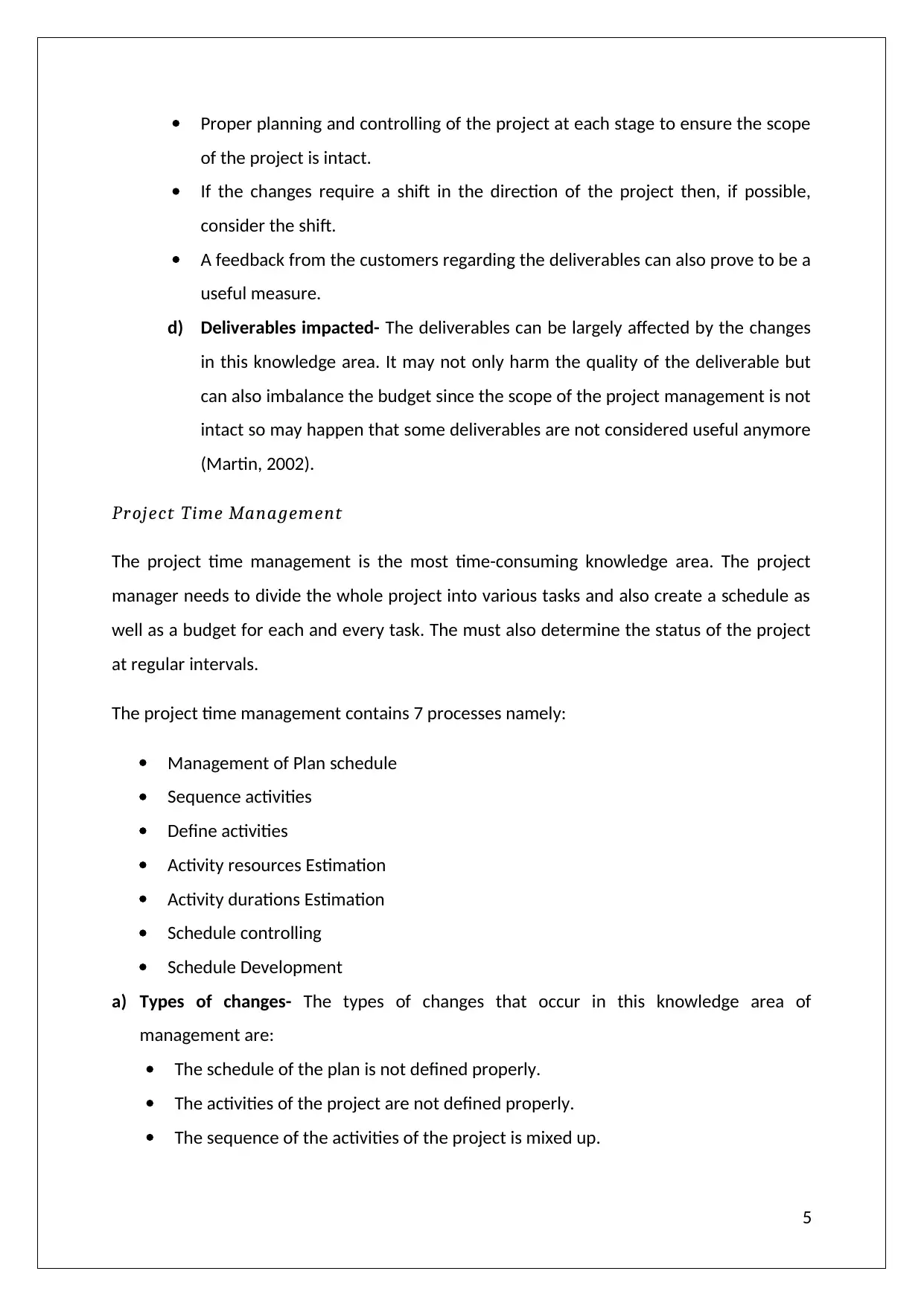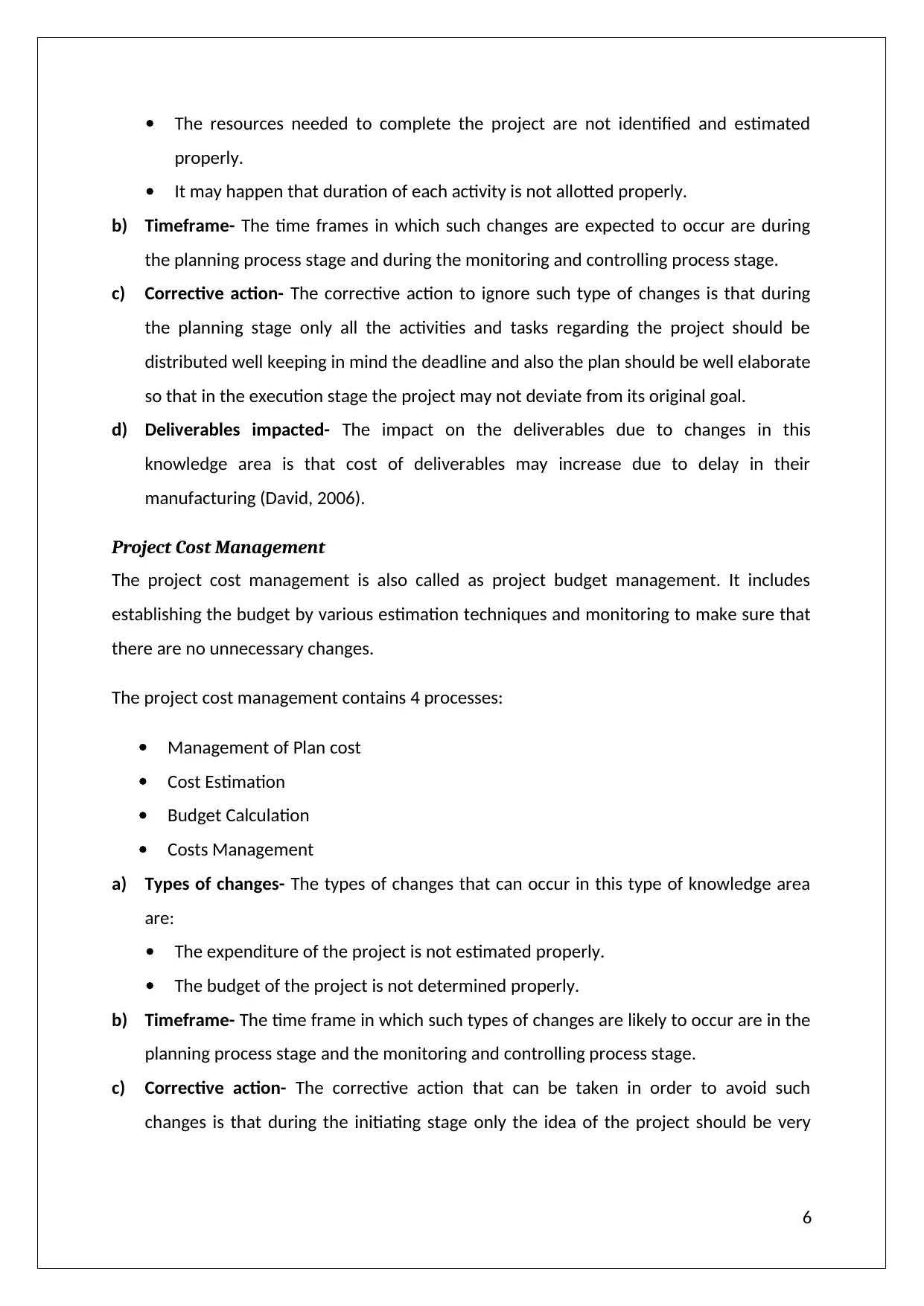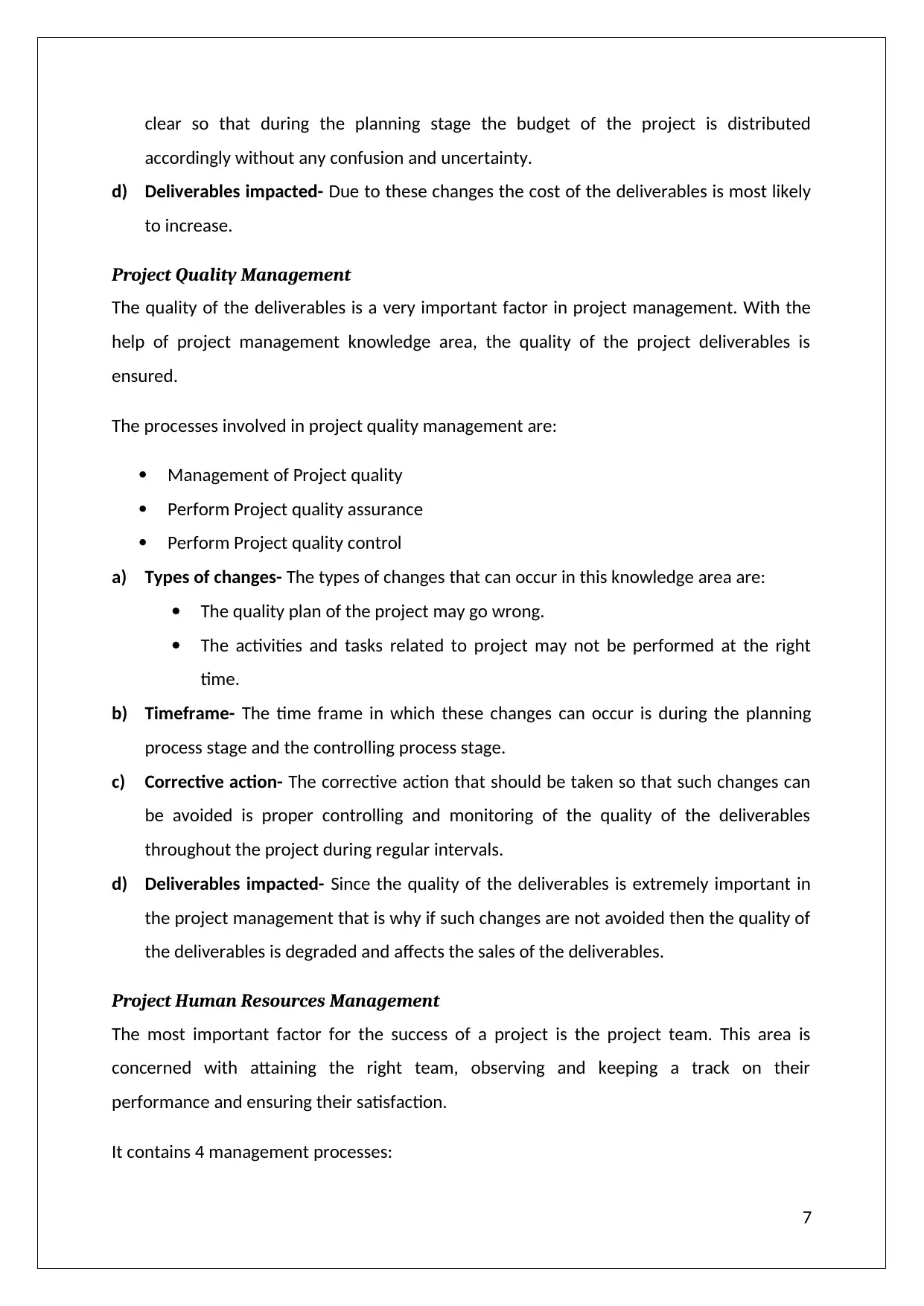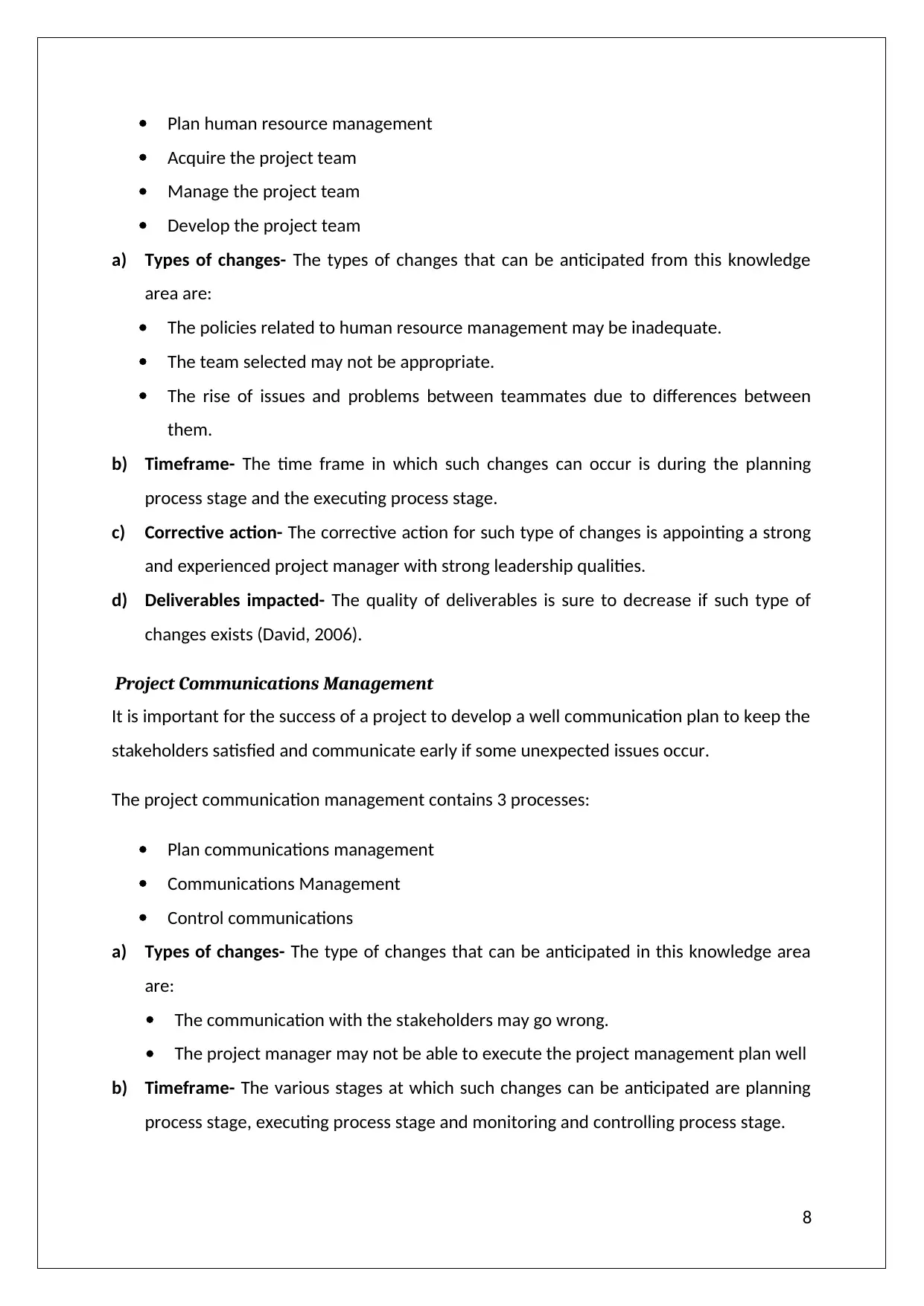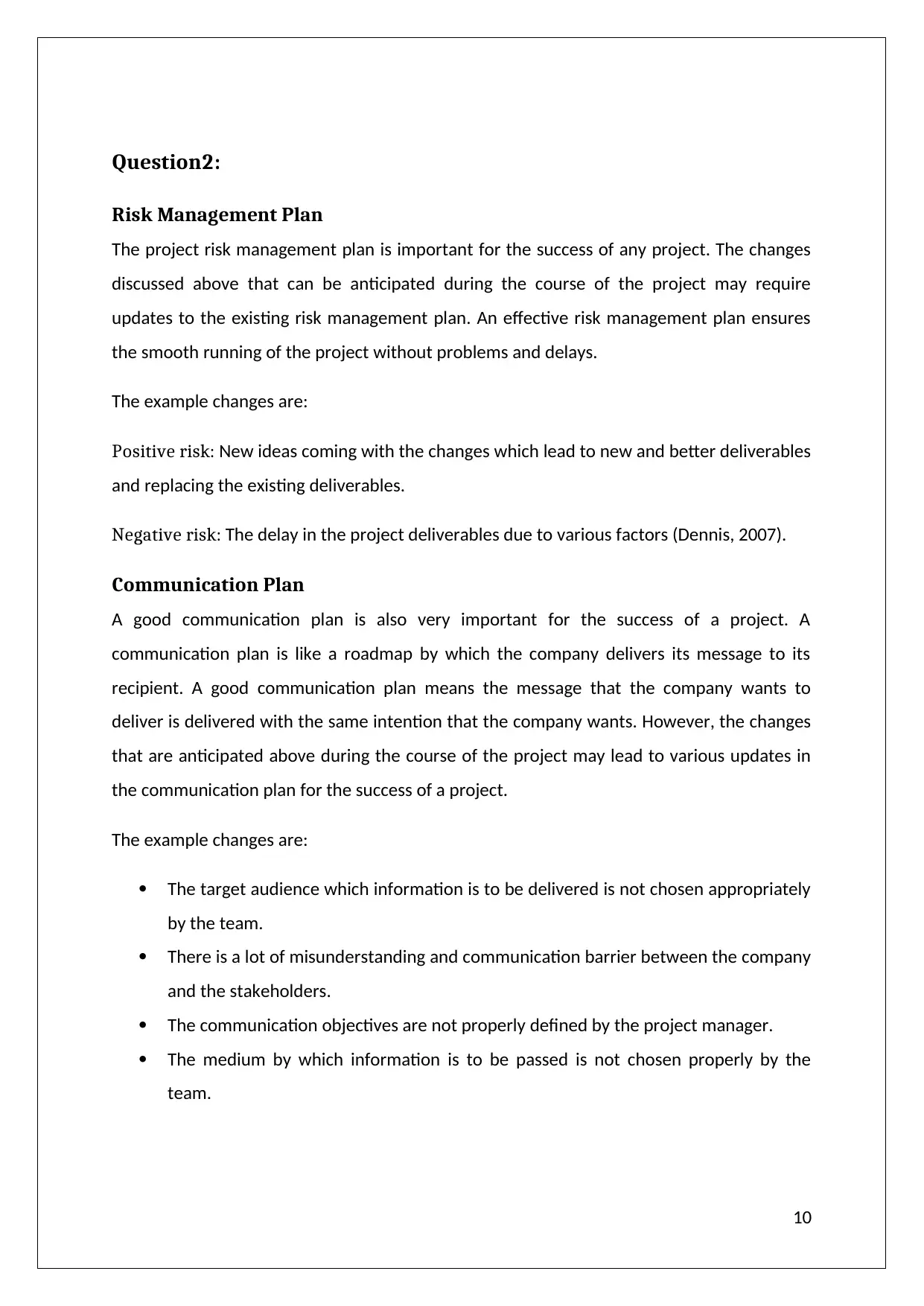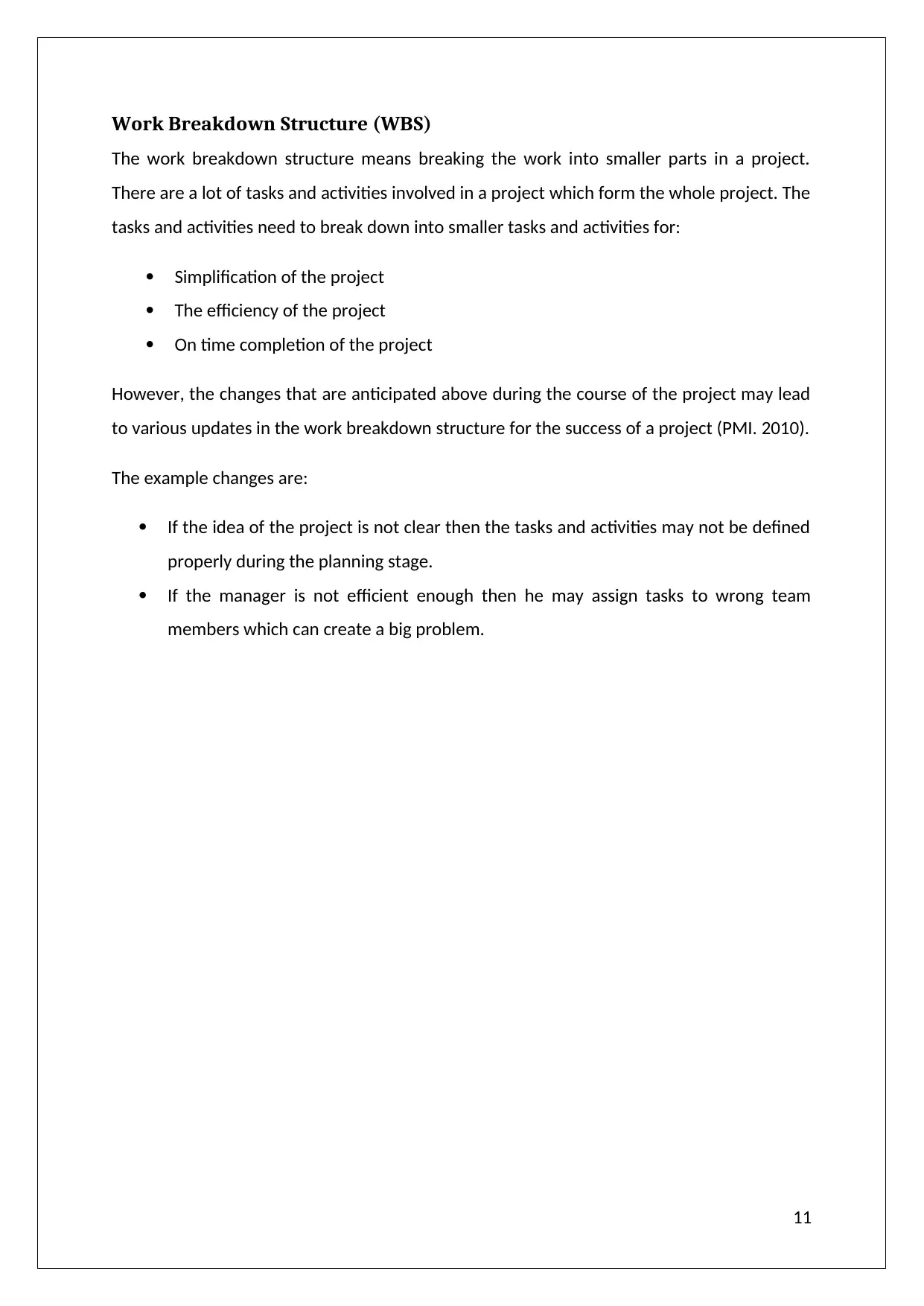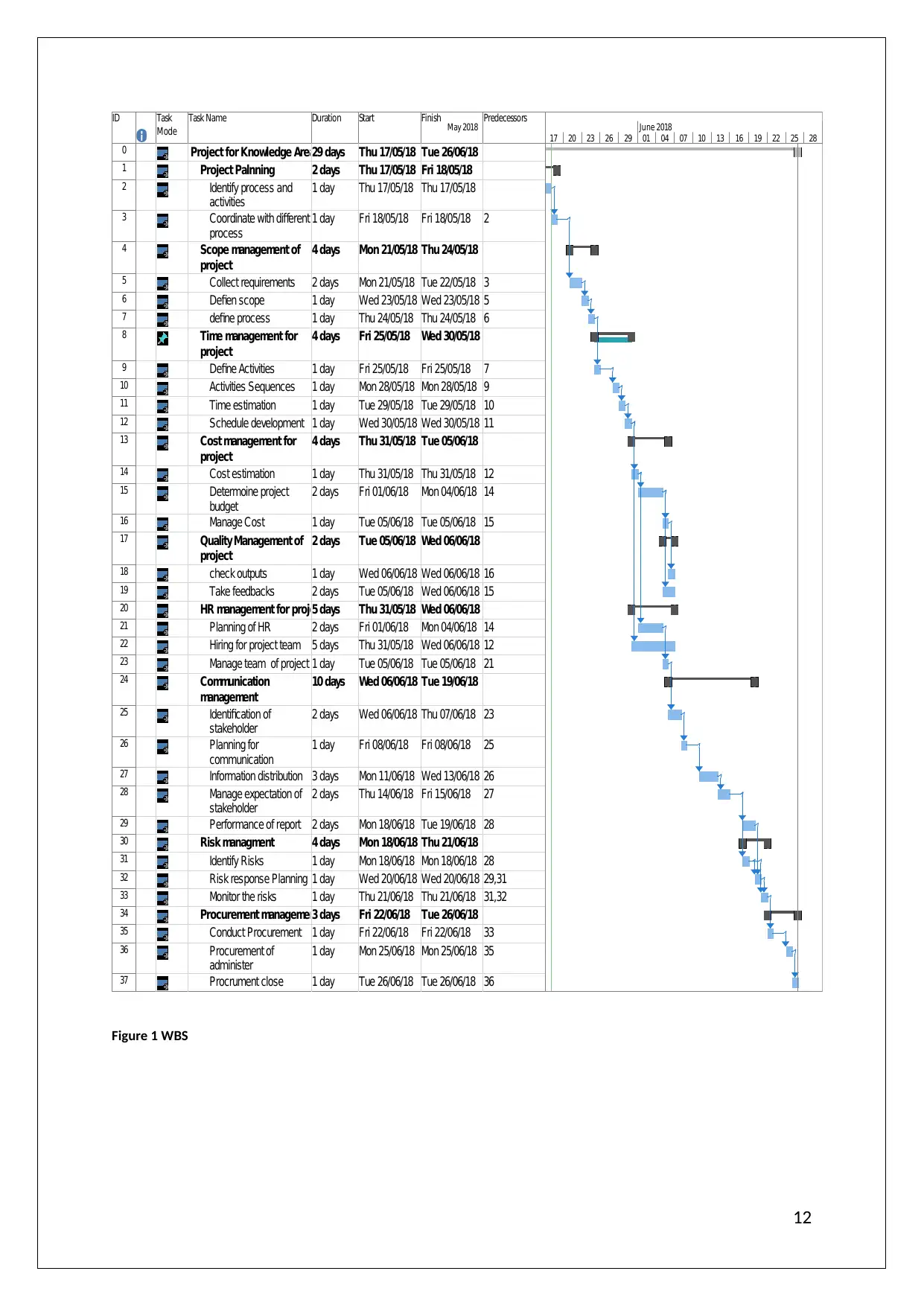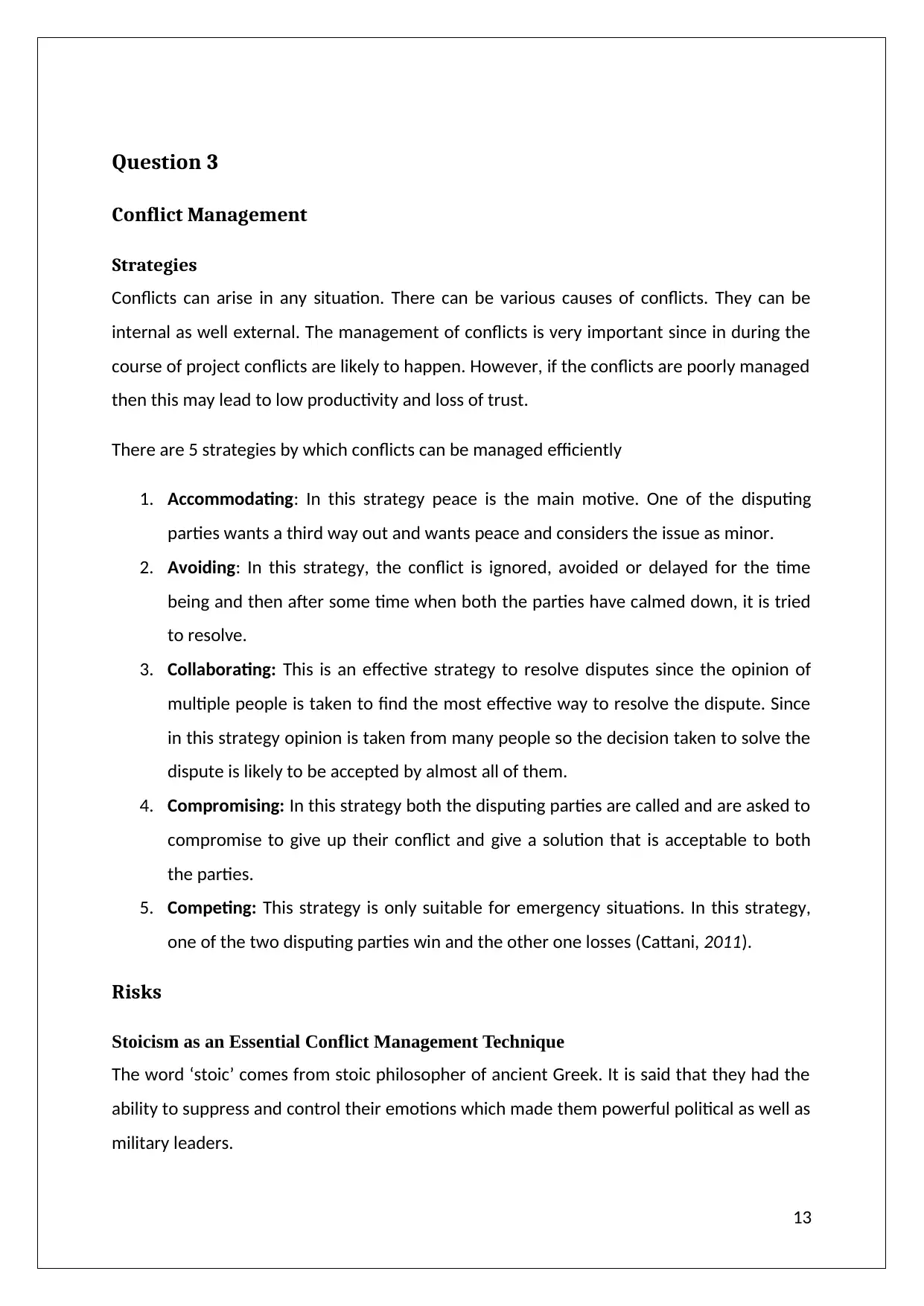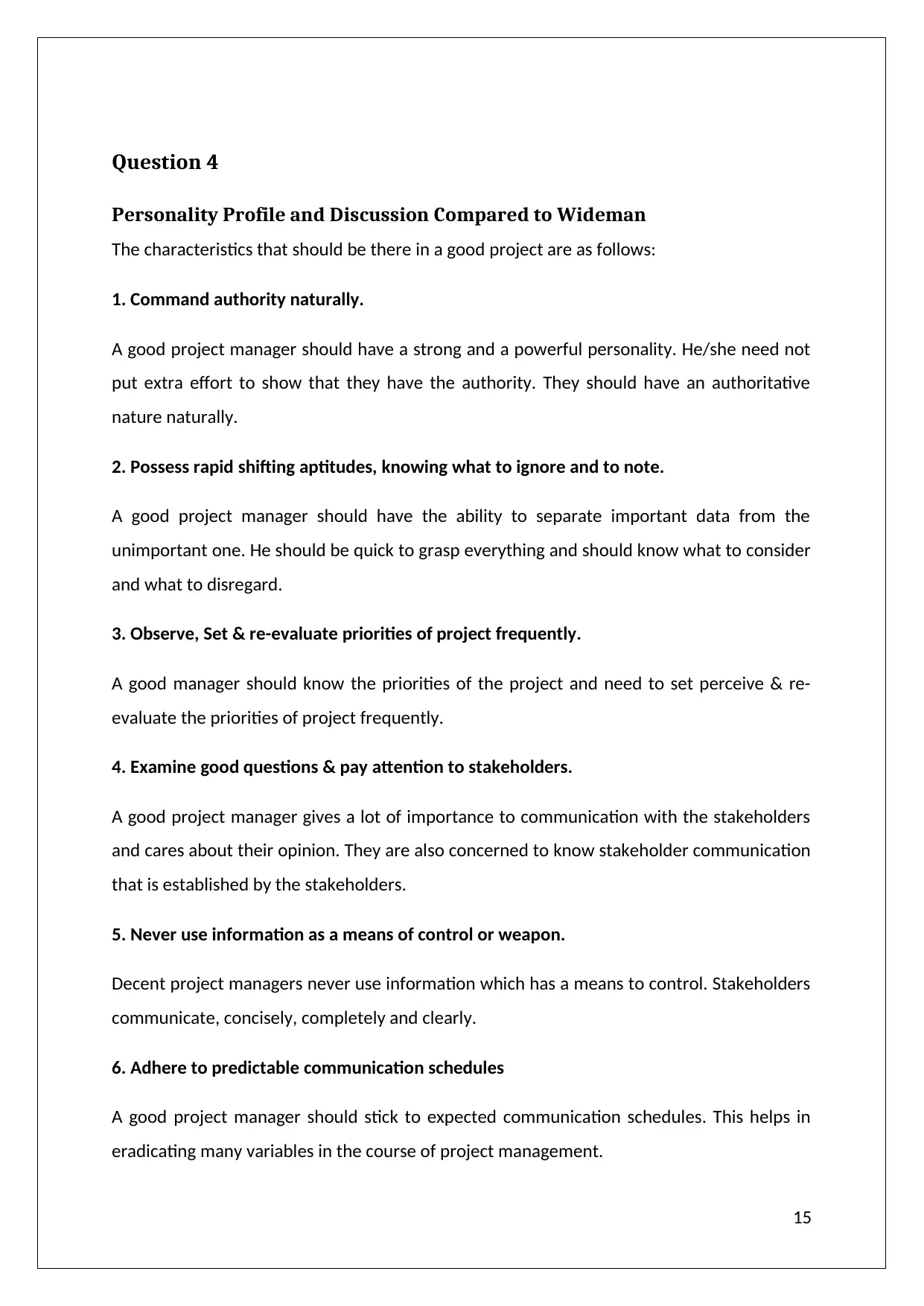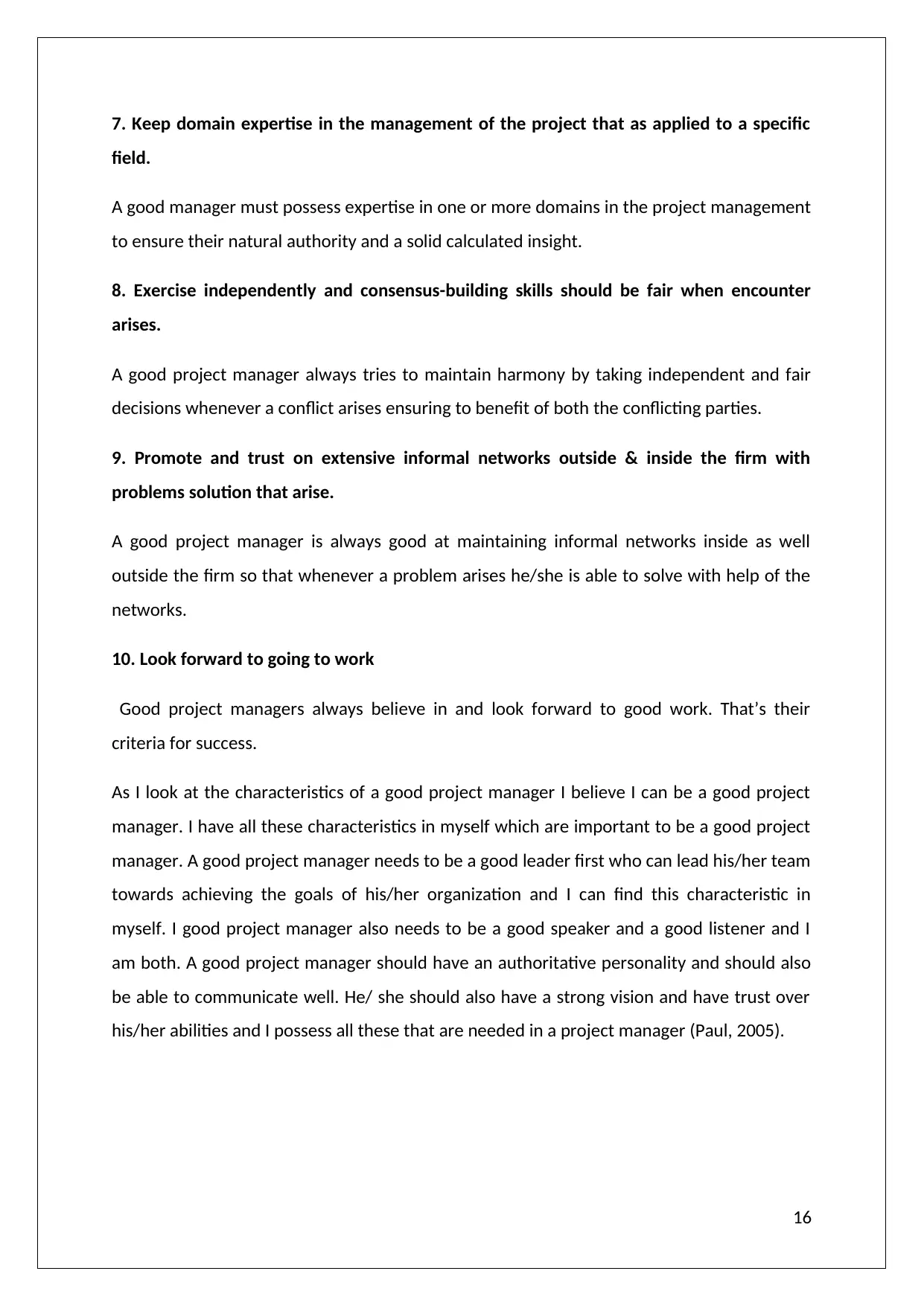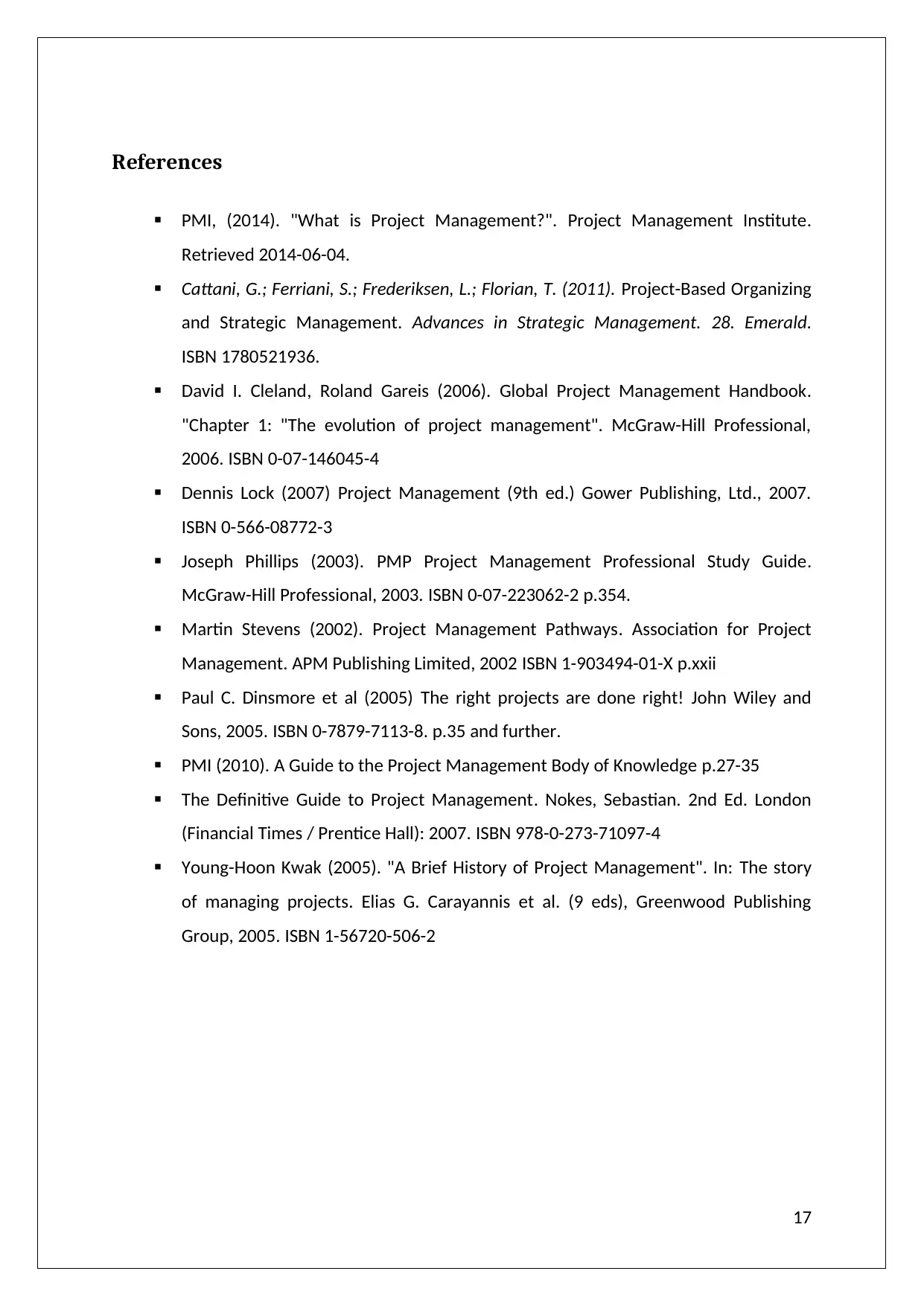This comprehensive guide delves into the critical aspects of project control, exploring the five stages of project management: initiating, planning, executing, monitoring and controlling, and closing. It examines the Project Management Body of Knowledge (PMBOK) and its ten knowledge areas, highlighting the types of changes that can occur within each area, their potential impact on deliverables, and corrective actions to mitigate risks. The guide also provides a detailed analysis of risk management, communication, and work breakdown structure (WBS) plans, emphasizing the importance of proactive planning and adaptation to ensure project success. Furthermore, it explores conflict management strategies, emphasizing the role of stoicism in maintaining composure and finding effective solutions. Finally, the guide outlines the essential characteristics of a successful project manager, drawing comparisons to the qualities of a good leader and communicator.
![[object Object]](/_next/static/media/star-bottom.7253800d.svg)
![[object Object]](/_next/static/media/star-bottom.7253800d.svg)

